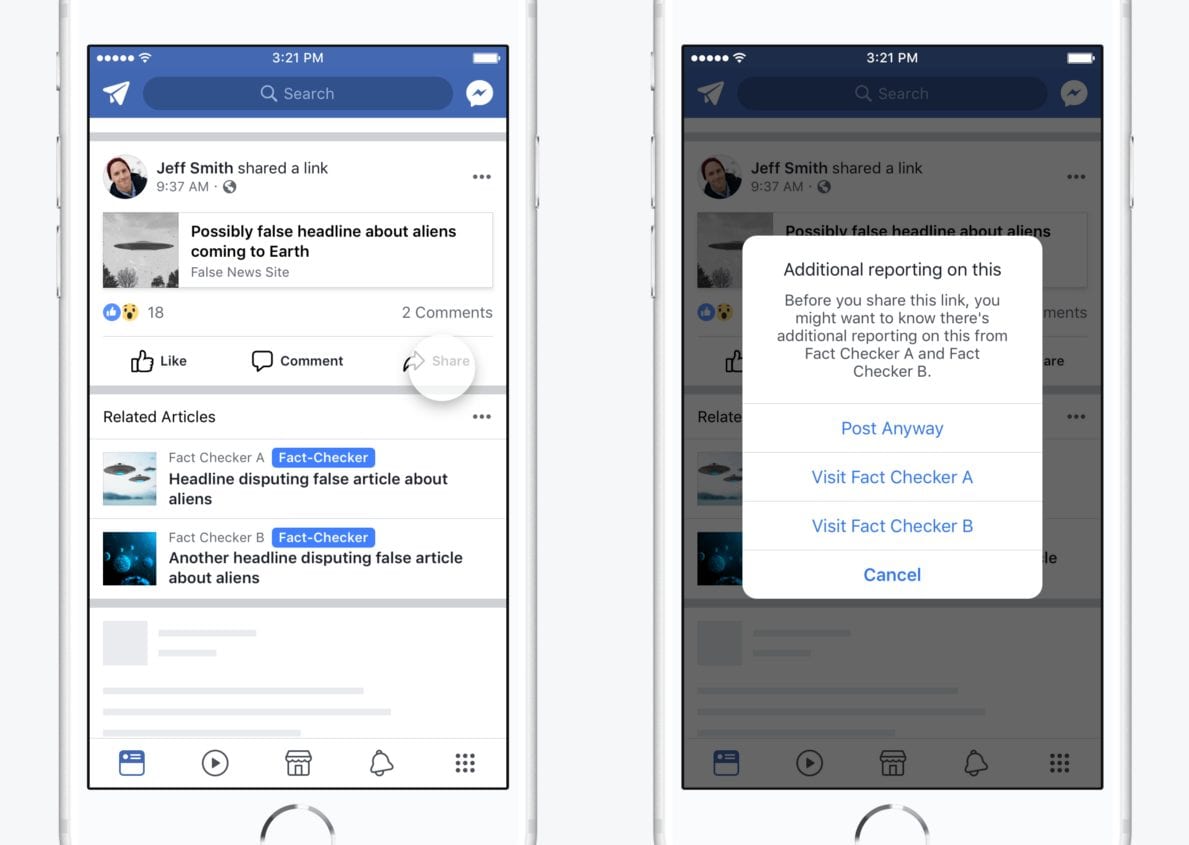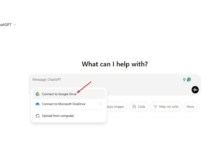We all know very well that the social network giant Facebook has been trying to combat false news in different ways, some more efficient than others, such as penalizing specific sites and provide other views on related links. However, now according to the latest reports, the social network giant Facebook found an extraordinary way to fight FAKE news.
Facebook Found An Extraordinary Way To Fight FAKE News
The social network giant Facebook has been trying to combat false news in different ways, some more efficient than others, such as penalizing specific sites and provide other views on related links.
However, the social network giant Facebook’s partners only looked at external links with misleading information. From now on, they will also analyze images and videos.
Tessa Lyons, product manager of News Feed, said at an event on Thursday (29) that the social network giant Facebook is launching new efforts to combat fake news during elections.
Fact-checking partners began to analyze photos and videos, as well as links. This began in France with AFP, and will be expanded “to more countries and partners soon”.
The social network giant Facebook reduces the reach of domains that are used to spread fake news and prevents related pages from making money from ads.
However, that is not enough. In the time it takes to disprove false news, it may have been viralized – then questioning it or removing it does not do much good.
That’s why the social network giant Facebook also uses machine learning to detect misleading pages and “prevent deceptive or divisive memes from becoming viral.” They are sent to the security team, and if they violate the rules, they can be removed quickly.
That way, for example, the social network found a group of Macedonian political spammers trying to interfere in the Alabama senatorial election last year. They were blocked from the platform. This was also used in Italy and will be implemented for elections around the world.
In addition, the social network giant Facebook blocks millions of fake accounts every day, right after they are created, “before they can do any harm.”
The number of people working on security issues, in general, will double from 10,000 to 20,000. This includes content reviewers, system engineers, and security experts.
Security director Alex Stamos recalls that during the 2016 US presidential election, Russians “tried to undermine the integrity of the process.” He adds: “We are all responsible for ensuring that the same type of attack does not happen again.”
So, what do you think about this? Simply share all your views and thoughts in the comment section below.



